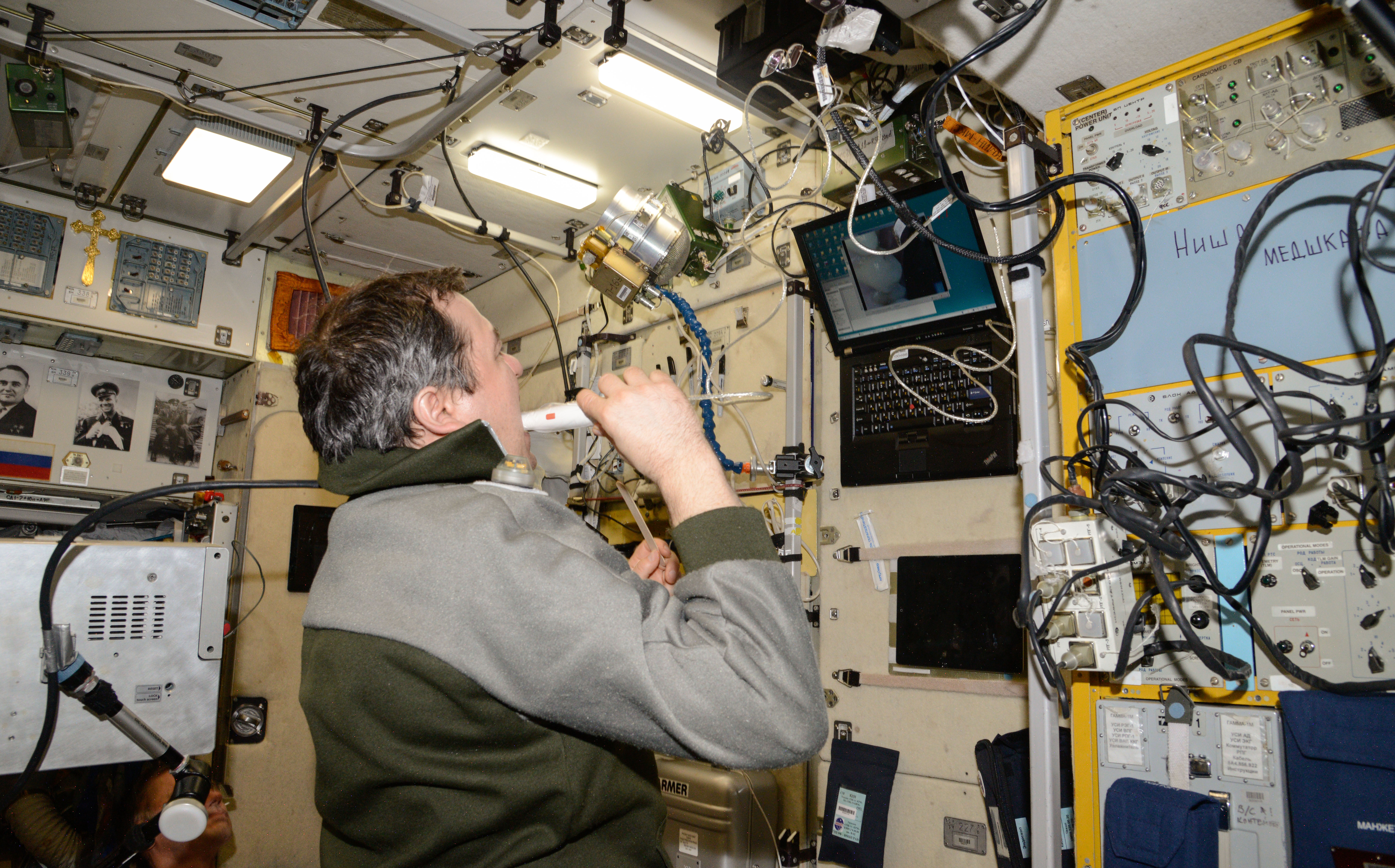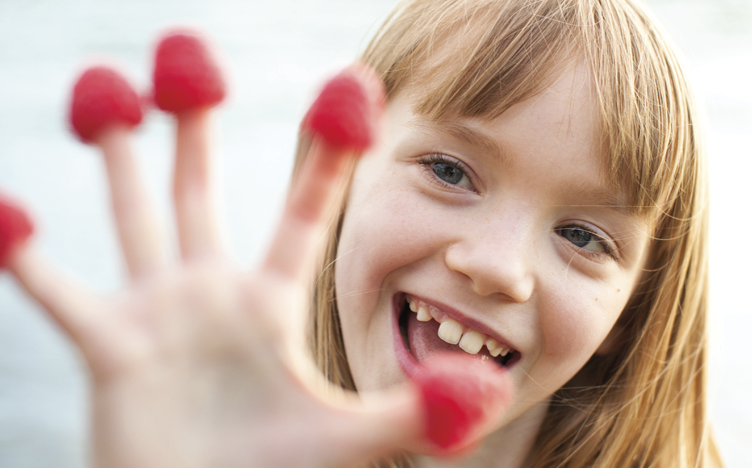Do you remember what you wanted to be when you grew up? For a lot of people, the allure of space travel is strong, but the requirements to get there can be hard to meet.
There are technically only five requirements to becoming a NASA astronaut:
• U.S. citizenship
• good physical health
• a master's degree in a STEM field
• 1,000 hours of piloting a jet
• a passing mark on the NASA long-duration flight astronaut physical
And as a part of NASA's physical requirements, astronauts also need to have great oral health.









